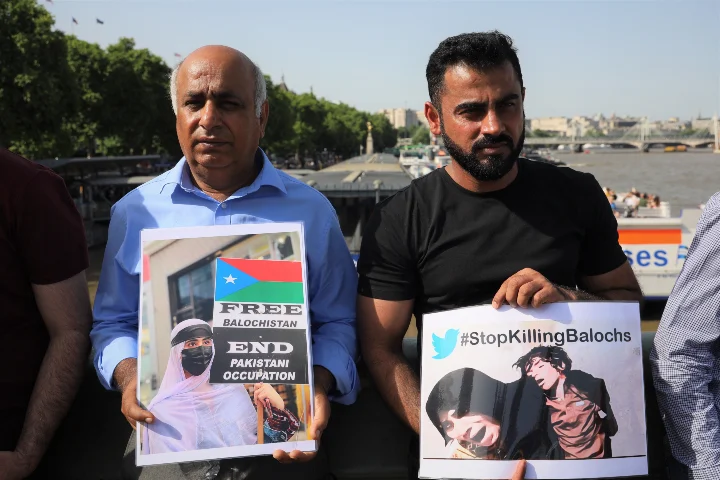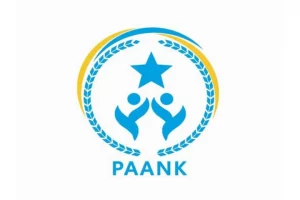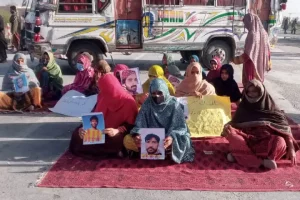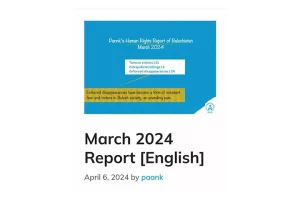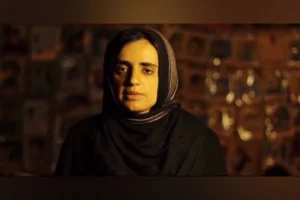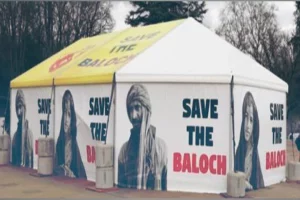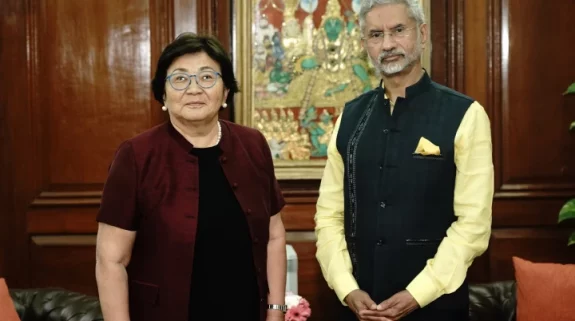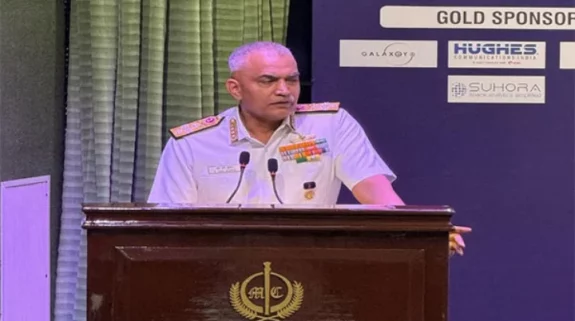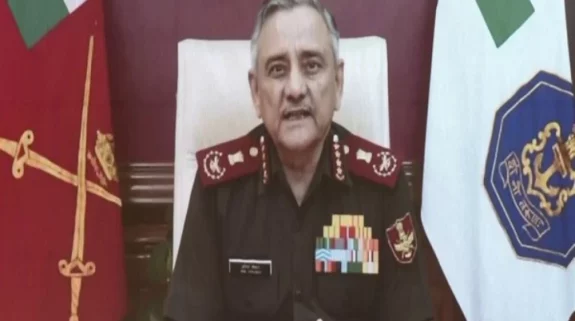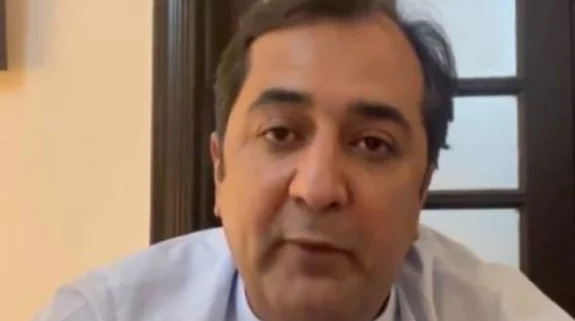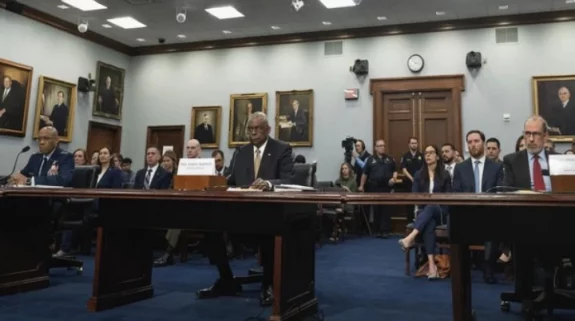In a briefing released on Thursday, pointing to the deteriorating human rights conditions in Pakistan, Amnesty International has said the country should stop its "outrageous crackdown on peaceful protests by families seeking justice for the enforced disappearance of their loved ones".
Coincidently, Amnesty International released the report on the day when the estranged Baloch community was commemorating its independence day. On 11 August 1947, a tripartite agreement was reached between the Khanate of Kalat and Pakistan under the supervision of the British by which the Kalat kingdom was recognised as a sovereign nation. However, in March 1948 Pakistan had annexed Balochistan by sending its armed forces.
PAKISTAN: Protests by families of the disappeared met with intimidation, harassment and violence.@amnestysasia https://t.co/lEskyTSOJi
— Sammi Deen Baloch (@SammiBaluch) August 11, 2022
In the briefing, ‘Braving the Storm: Enforced Disappearances and the Right to Protest’, Amnesty said that Pakistani authorities are resorting to "harassment, intimidation, and even violence, to stifle peaceful protests by families of the disappeared. Many families turn to public demonstrations to pressure authorities to release their loved ones or for information about their whereabouts, having exhausted all means of redress through the justice system".
Enforced disappearance are recognised as a serious violation of human rights and are labelled as a crime under international law. Pakistan has used the tool to suppress the raging insurgency in its largest and most resource-rich province of Balochistan. Activists have told India Narrative how the Baloch people including students and women are being forcibly kidnapped by security agencies and their families are victimised for asking about the whereabouts.
In a statement, Dinushika Dissanayake, Deputy Regional Director for South Asia, Amnesty International, said: "Families of the disappeared are constantly let down by authorities through their lack of access to justice, the ineptitude of the Commission of Inquiry on Enforced Disappearances and the failure of state institutions to hold perpetrators to account or even provide any answers".
کل 12 اگست بروز جمعہ شام چار بجے کو بی ایم سی مین گیٹ کے سامنے سے ایک احتجاجی ریلی نکل کر گورنر ہاؤس کے سامنے اختتام پزیر ہوگا۔
آپکی آمد کا منتظر رہینگے pic.twitter.com/XJqyhw5gFk
— Sammi Deen Baloch (@SammiBaluch) August 11, 2022
The human rights organisation gave the example of Gul Naaz, whose brother disappeared in 2009 from the city of Mingora. She said that the police visit her home, question family members and pressurise them to forbid her from protesting. In another example, Amina Masood Janjua, who has been campaigning against enforced disappearances after her husband disappeared in 2005, told Amnesty International that she had received threatening phone calls from unidentified numbers.
Amnesty pointed out that Pakistani authorities are using violence to cow down or break up protests.
"On June 13, police in Sindh province used unnecessary and unlawful force to break up a peaceful protest in Karachi by relatives and civil society, protesting against the disappearance of two Baloch students, Doda Baloch and Ghamshad Baloch. Fawad Hasan, a journalist who was covering the sit-in, told Amnesty International that he witnessed police slapping female protesters, beating male protesters with batons and sticks, and kicking a pregnant woman in the stomach".
Amnesty has asked the Pakistan government to allow all peaceful assemblies of families of missing persons as well as "stop the practice of enforced disappearances and outlaw it entirely". It added that "Pakistan should also accede to the International Convention for the Protection of All Persons from Enforced Disappearance (CED)".
Pakistan was caught in a major controversy in mid-July after its security forces issued a statement about killing nine "terrorists" in an encounter in Ziarat. Seven of the killed were identified as Baloch men who had been kidnapped by security agencies and killed in custody, but shown as being shot in an encounter.






